Curiosity is one of five School of Early Learning values.
At SOEL, we want ourselves, other educators, children and families to be curious about the world around them, to step out of our comfort zones and venture into wondering about different perspectives, experiences and realities.
Curiosity becomes important in learning programmes, with inquiry-led learning as a guiding principle. Curiosity as educators and teachers at SOEL looks like accepting and embracing that we, adults, do not have all the answers and that children have so much to teach us when looking at the world through the lenses of wonder and awe.
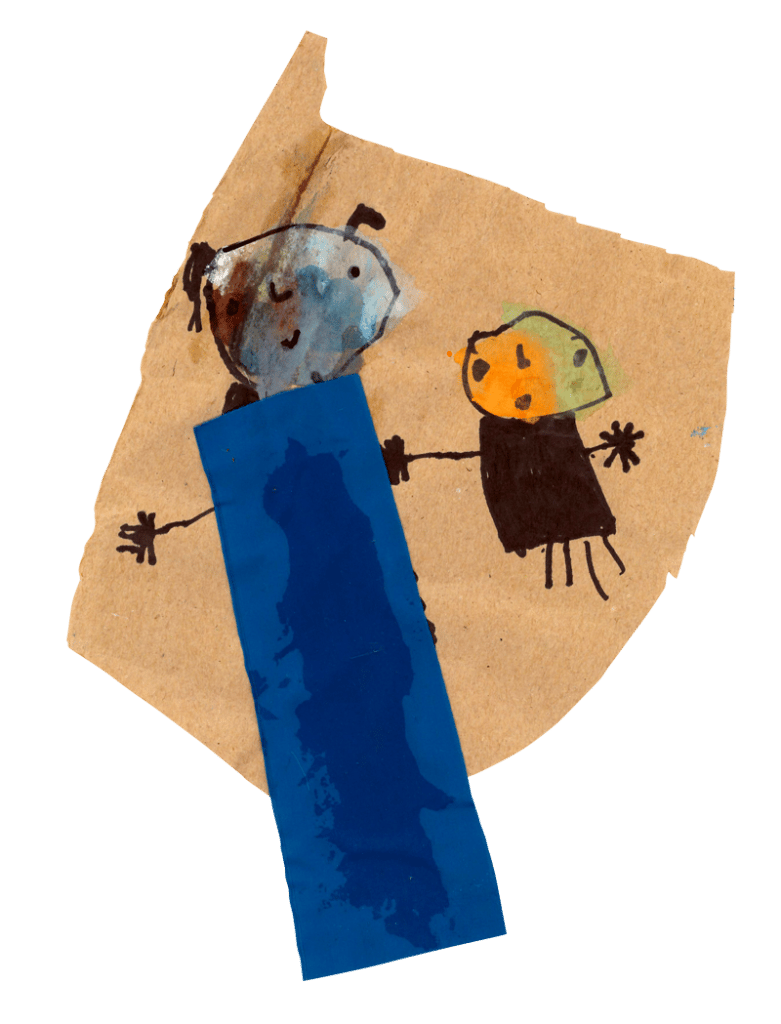

“Choosing to be curious is choosing to be vulnerable because it requires us to surrender to uncertainty.
It wasn’t always a choice; we were born curious.
But over time, we learn that curiosity, like vulnerability, can lead to hurt.
As a result, we turn to self-protecting—choosing certainty over curiosity, armor over vulnerability, and knowing over learning.”
– Brene Brown, Rising Strong: The Reckoning, The Rumble. The Revolution
Seeing ourselves as co-constructors of knowledge and wonderings with children is vital because it defines a clear view of both the child and the educator as competent and robust researchers.
Children are born eager to learn about the world around them. Curious by nature, children marvel at their explorations and delight in everyday wonders. Children are amazed and curious about their world, from a tiny crack in the pavement to the magic of a light show at night. Children are also curious about the many similarities and differences they see around them. They notice these differences and want to know more about them in order to understand themselves and their place in this world.
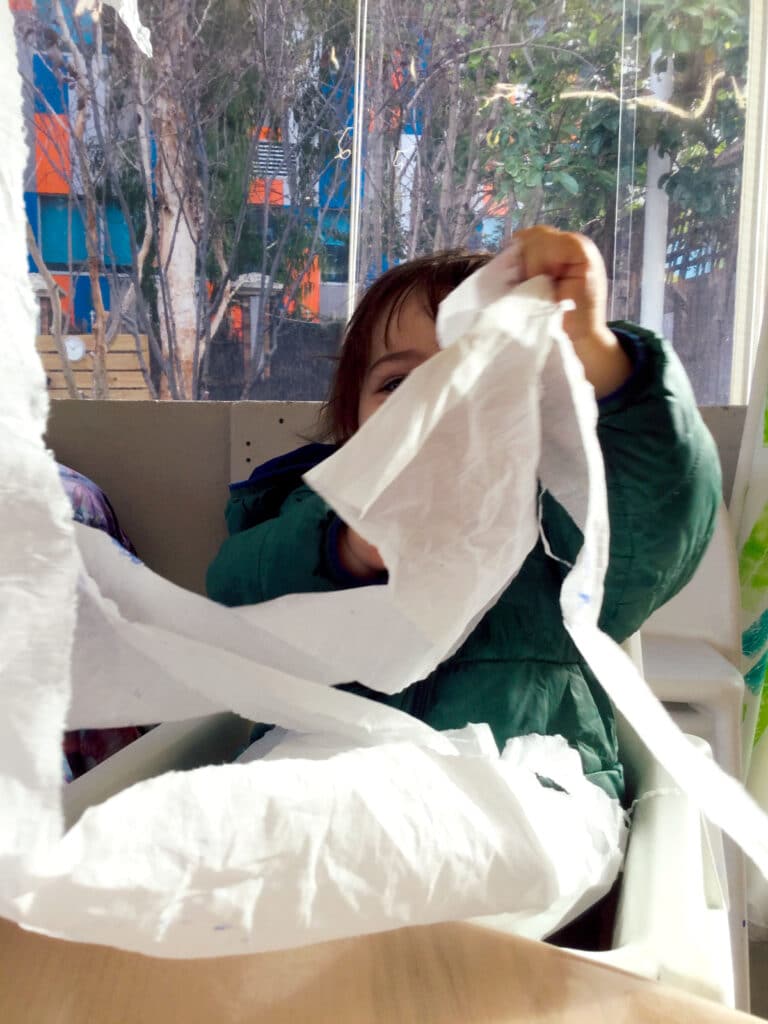

A Curious Mind
Children ask questions about noticeable aspects of human diversity: gender, socio-economic status, language, sexuality, power, race etc.
In addition, we often hear children asking questions to each other and educators, such as:
- What language do you speak?
- Why do you sound like that?
- Why is the sky crying?
- Why do our belongings get lost?
- What happens to the moon when the sun comes out?
- Why do you have short hair?
- Why are you wearing a dress?
- Can I marry my best friend?
- Why are you that colour? Am I darker than you?
- Do homeless people need to go to jail? Are they baddies?
When reflecting on themselves, many adults wonder where their curious minds disappeared? Does it still exist?
Curiosity is a disposition and habit acquired through practice. Curiosity has been linked with psychological, emotional, social and health benefits.
How can we cultivate curiosity?
- Hang out with your child/ren, really observing things from their perspective/s
- Children are a delight. When we take the time to watch what they are doing or trying to do, we discover to see things how they may see them. We learn to be interested in their wonderings and learnings. We become curious alongside them.
- Read books or watch movies about experiences different from your own.
- As Atticus said in Harper Lee’s novel “To Kill a Mockingbird”, “You never really understand a person until you consider things from his point of view… until you climb in his skin and walk around in it.” Novels, movies, books, and even YouTube and Podcasts provide a rich source of experience to explore that is different from our own. Even children’s books focussing on diversity offer us something new.
- Practice ‘beginner’s mind’….open to the new.
- When we are curious about others and talk to people outside our usual social circle, we become better able to understand those with lives, experiences, and worldviews different from our own. Next time you have the chance to talk with a stranger, especially someone who may be entirely dissimilar to you, try engaging with them personally, showing that you are interested in what they have to say. Demonstrating curiosity toward someone is a great way to build your closeness with them.
- Ask questions to learn more.
- Inviting others to tell us more about their experience or the topic at hand is another way to cultivate our curiosity muscle.
- Listen more than you speak.
- It is truly remarkable how much one can learn about others, topics, and experiences when listening with an open mind.
How do you plan to practise building curiosity about nature? About others? About diversity? About the unknown?
We would love to hear about your experiences of curiosity.
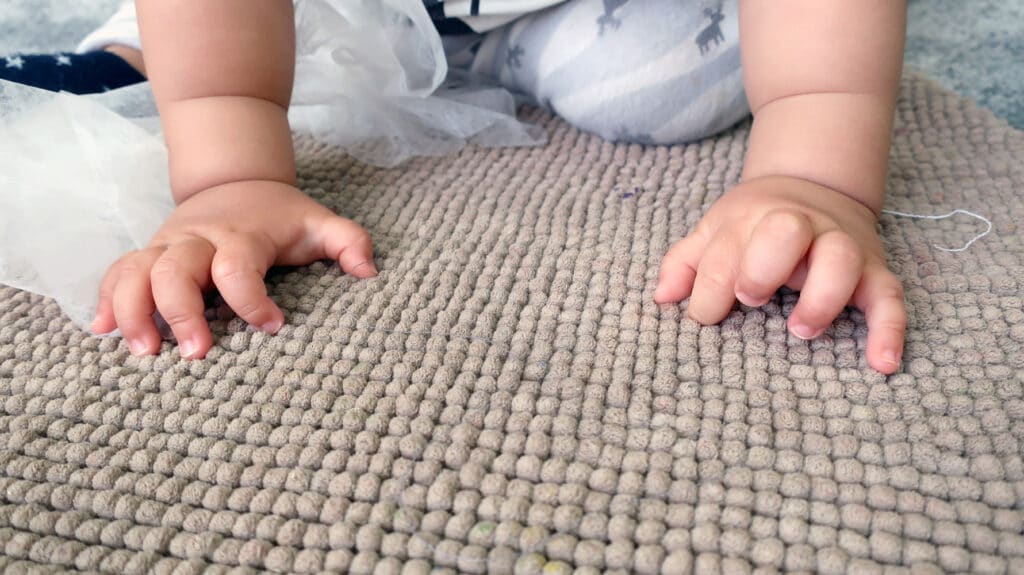

Related Blog Posts
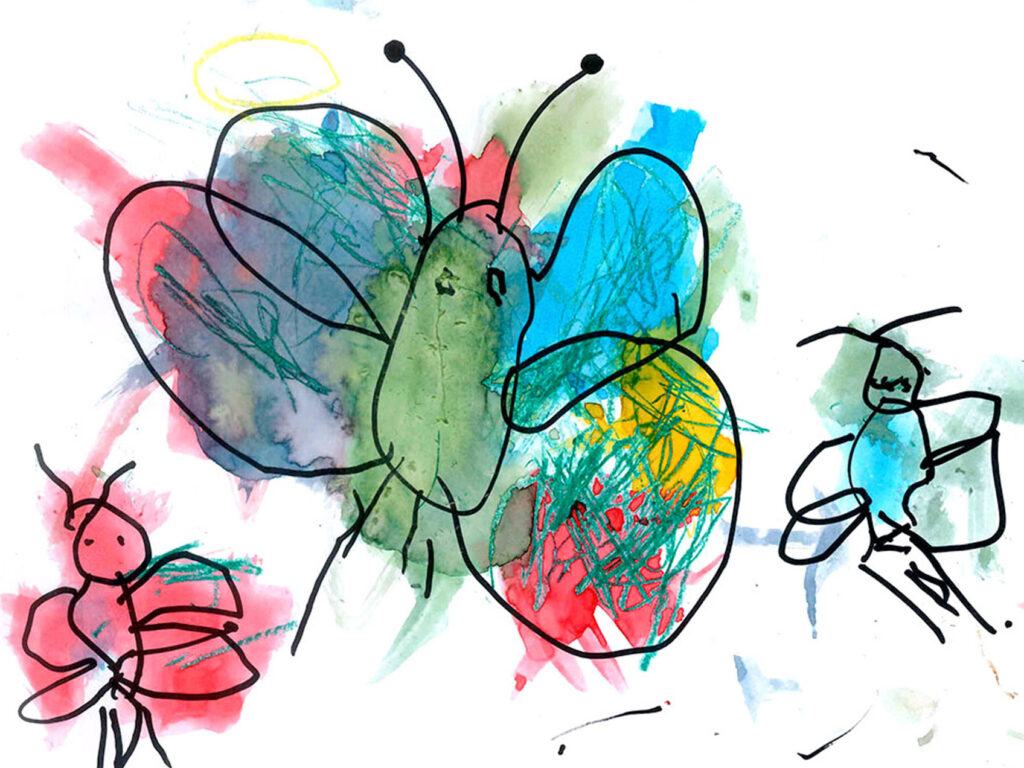

The Anti Bias Approach for 2022
The Pedagogy and Training team discusses the approach to research SOEL will take in 2022 where we will be exploring social justice.
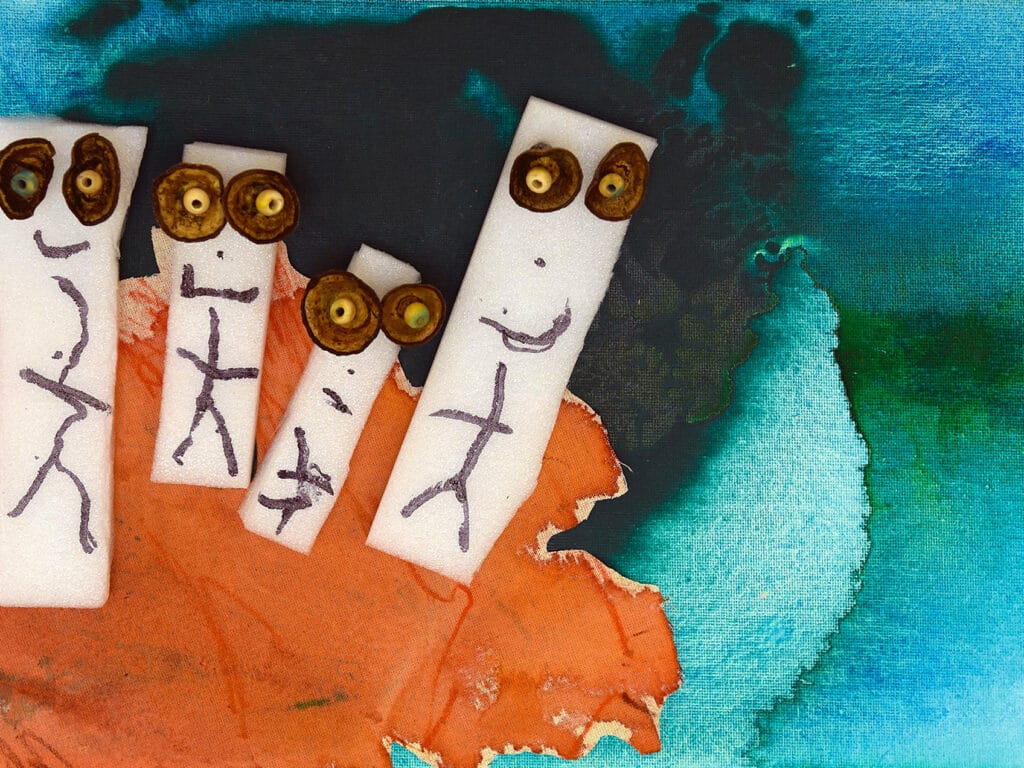

Approaching Anti Bias using BIG Ideas
Discover simple natural dye recipes as well as flour glue recipes you can create with your child, and bring a little of our SOEL studio home.
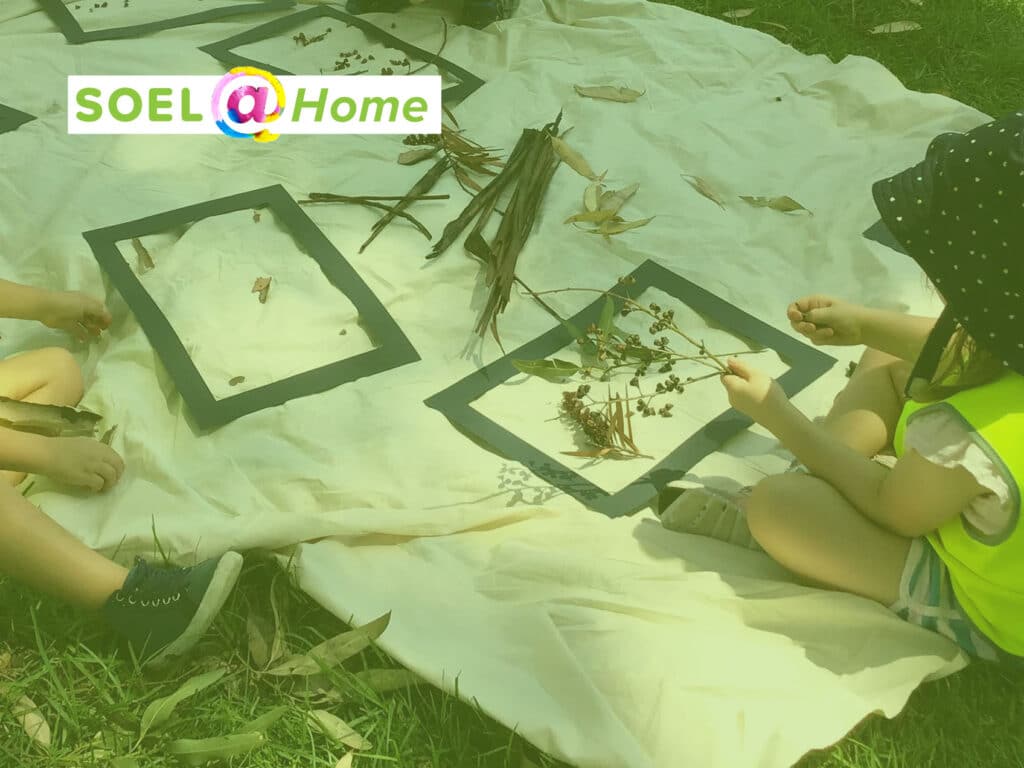

SOEL Home Experience: Nature Walks
Find out how to bring the SOEL experience home through nature walks. Use this guide on transient art for some at-home activity ideas.
